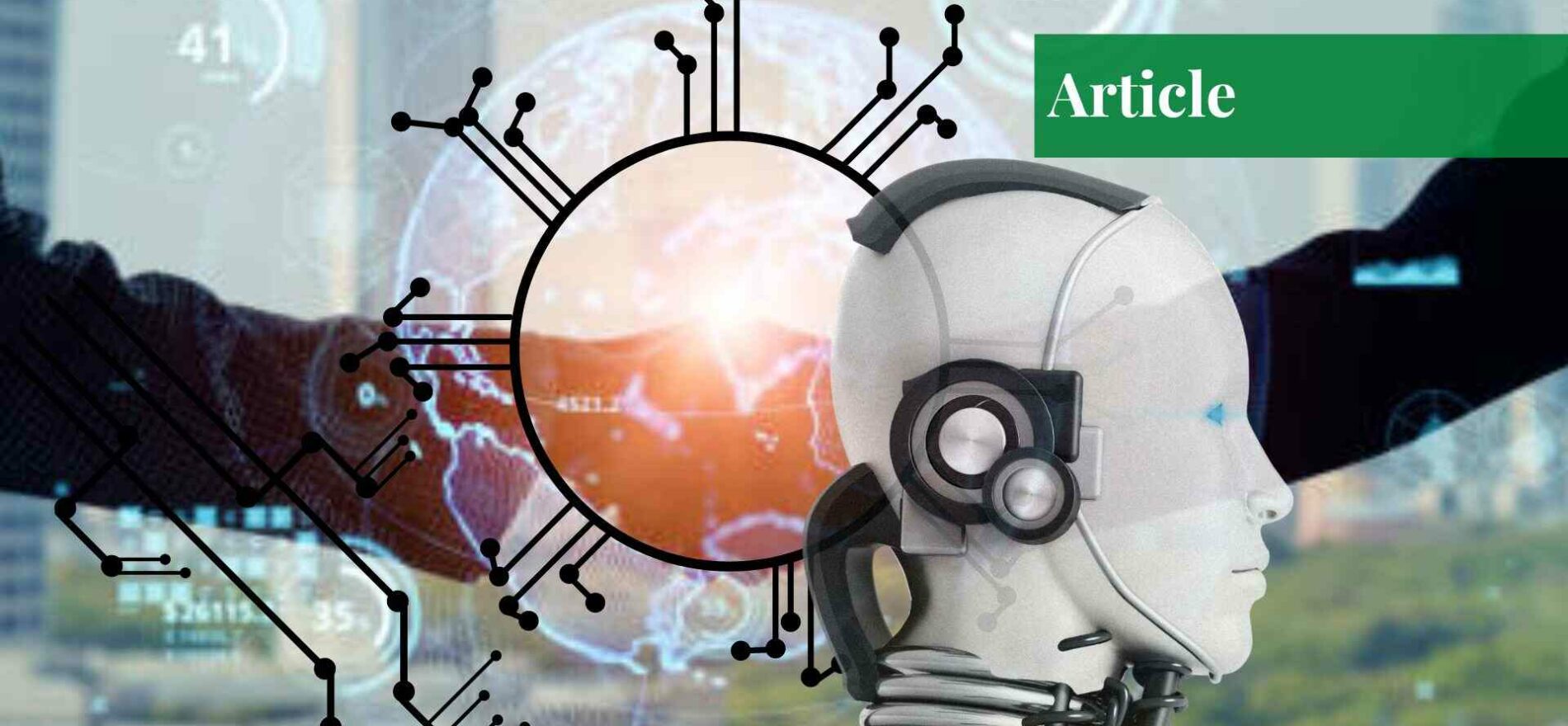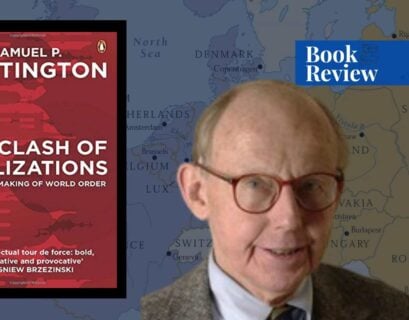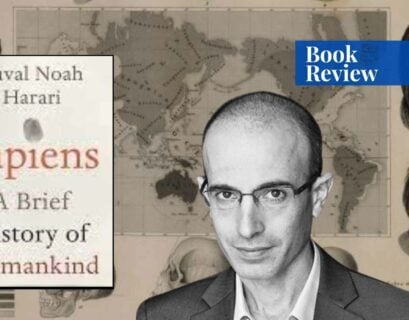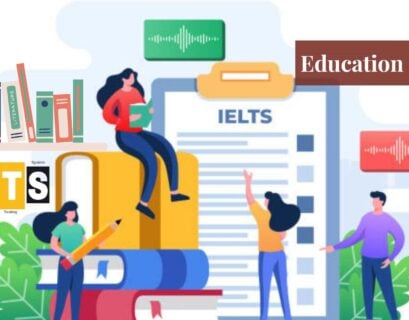Ahsan Riaz is currently pursuing his bachelor's in international relations from the National University of Modern Languages (NUML), Islamabad.
In the digital world, the concept of submerging AI in diplomacy to enhance diplomatic communications is gaining prominence. In the ever-evolving landscape of international relations, the art of negotiation and diplomacy, in its traditional form, finds itself navigating the uncharted territories of the digital age. Rapid technological advancements have transferred the rules and norms of engagement. This unprecedented growth has put forth opportunities and challenges for diplomats worldwide.
As the interconnectedness of nation-states is enhanced in the never-ending technological revolution, artificial intelligence–the most important aspect to consider–emerges as a transformative force in shaping global relations. Recognition of AI’s potential to transform the diplomatic arena is rising as policymakers and diplomats recognize its power to expedite procedures, analyze massive volumes of data, and contribute to better-informed decision-making.
As we look deeper into the complexities of digital diplomacy and the numerous uses of AI in changing global relations, it becomes clear that these technologies are more than just tools; they are critical components in the developing toolkit of modern diplomacy and foreign policy. This article delves into the evolving realm of digital diplomacy, putting traditional diplomacy and artificial intelligence at a crossroads.
As we navigate the intersection of diplomacy and the digital age, the term “diplomacy 2.0” emerges, also known as e-diplomacy or digital diplomacy. The term encapsulates the modern adaptation of traditional diplomatic practices in the globalized world, the application of AI, and social media integration in public diplomacy. This involves enhancing decision-making processes, enabling seamless information exchange and communication, and helping develop more effective dispute-resolution solutions. AI enables diplomats to traverse an ever-changing global scene more efficiently.
Impact of AI on Diplomacy
Identifying Economic Trends
AI has had a revolutionary influence on diplomacy, perhaps most notably in its capacity to analyze massive datasets, offering diplomats previously unattainable insights. AI is important in international trade because it identifies patterns and trends, providing diplomats with the knowledge they need to make educated decisions. For example, by evaluating trade data, AI might identify growing economic alliances or prospective points of contention, helping diplomats manage complicated commercial connections strategically.
Tracking Refugee Movements
Furthermore, AI has expanded its influence on humanitarian initiatives, notably tracking refugee movements across borders. It provides vital information by employing advanced algorithms, allowing for more effective and targeted solutions to displacement problems. This technology becomes a valuable asset for increasing the efficiency and impact of humanitarian efforts.
Overcoming the Language Barrier
Language boundaries sometimes hinder diplomatic discussions, but AI can help improve connections. AI-powered language translation technologies, such as Google Translate, especially Google’s language-translating glasses, remove linguistic barriers and comprehend cultural restraints, resulting in more effective international communication. This not only speeds up the negotiating process but also encourages a better understanding of other viewpoints, which is essential for effective diplomacy.
Conflict Prevention
In predictive analytics, AI enables diplomats to resolve potential problems before they escalate. It can predict possible conflict zones by analyzing massive volumes of data, such as historical trends and cultural characteristics. The application of predictive analytics in diplomatic strategies exemplifies this proactive approach to conflict avoidance, as diplomats utilize AI to analyze and reduce future disagreements based on data-driven insights.
Conflict Negotiation and Mediation
AI’s role in conflict negotiation and resolution is further demonstrated by initiatives of the United Nations (UN), such as the AI mediator. This forward-looking approach integrates AI into mediation processes, enhancing the efficiency and effectiveness of diplomatic efforts in resolving international conflicts. By leveraging AI, the UN aims to revolutionize traditional mediation practices, making them more adaptive to the complexities of the modern world.
Challenges
Although promising, the incorporation of AI into diplomatic processes is not without hurdles. One major problem is the potential for bias in AI algorithms, which requires cautious design to avoid the persistence of current inequities and power imbalances in international relations.
Another severe challenge is the significant potential of cyber assaults, which require AI systems to prioritize the security of sensitive and private diplomatic communications. Ensuring responsibility in deploying AI becomes critical, necessitating the construction of explicit regulatory frameworks and the assignment of obligations in the case of errors or harm produced by these systems.
Furthermore, incorporating AI into diplomatic procedures involves technical training and cultural challenges. To promote a symbiotic relationship between technology and diplomacy, diplomatic frameworks must be carefully adapted to include AI efficiently.
Ethical considerations
As digital diplomacy embraces AI, ethical considerations come to the forefront. One pressing concern revolves around the potential for AI to infringe upon privacy through surveillance and control measures, raising alarms about the balance between security and individual rights. Privacy concerns extend beyond individual rights to include safeguarding personal information within AI surveillance systems, necessitating transparent and accountable frameworks.
Moreover, the impact of AI on employment within diplomatic roles introduces ethical dimensions, as automation poses potential economic implications such as job displacement. The ethical use of AI becomes paramount, emphasizing the need for a critical approach to ensure responsible integration into diplomatic practices. Considering the socio-economic implications, it becomes imperative to address employment impacts, and proactively implement reskilling initiatives to navigate the ethical complexities accompanying the integration of autonomous AI in digital diplomacy. This is necessary for protecting human rights in such a digital age.
Conclusion
To summarise, AI has a significant and far-reaching impact on diplomacy. From improving data analysis, communication, and conflict resolution to strengthening cybersecurity, decision-making, and resource allocation, AI is emerging as a revolutionary force in transforming the landscape of global interactions.
As diplomats cross the digital frontier, adopting AI becomes both a choice and necessity for successful engagement in a quickly changing world. However, this integration has ethical implications and potential risks, requiring a deliberate and principled approach. Diplomats are at a critical crossroads, entrusted with maximizing AI’s potential while guaranteeing responsible and ethical deployment.
If you want to submit your articles, research papers, and book reviews, please check the Submissions page. The views and opinions expressed in this article/paper are the author’s own and do not necessarily reflect the editorial position of Paradigm Shift.


















